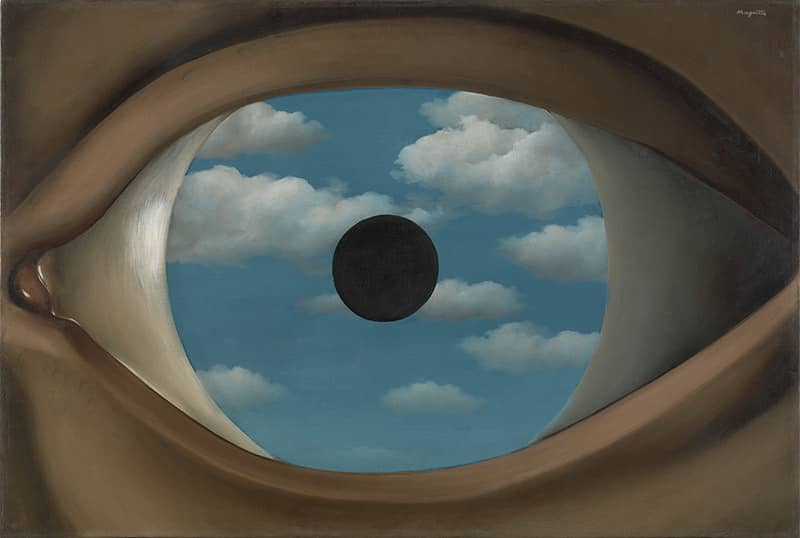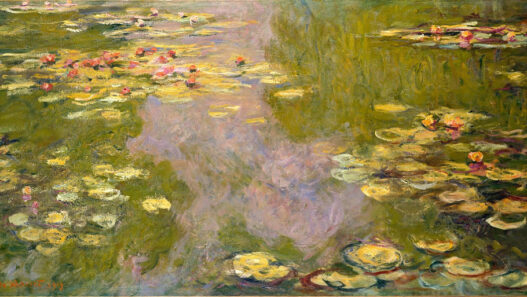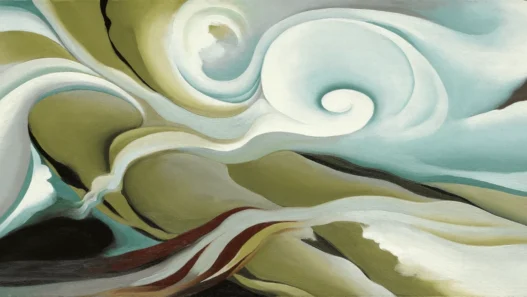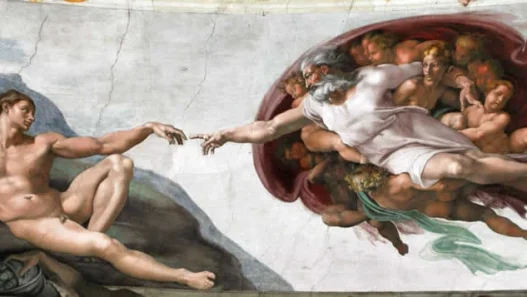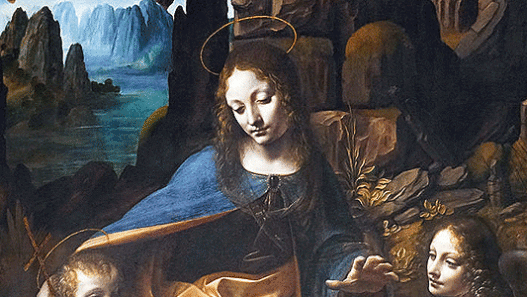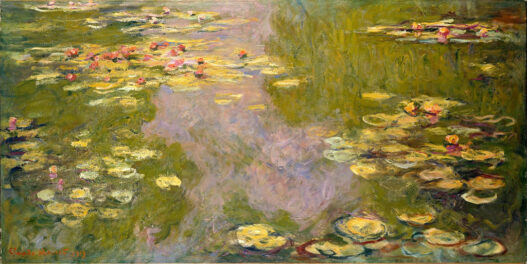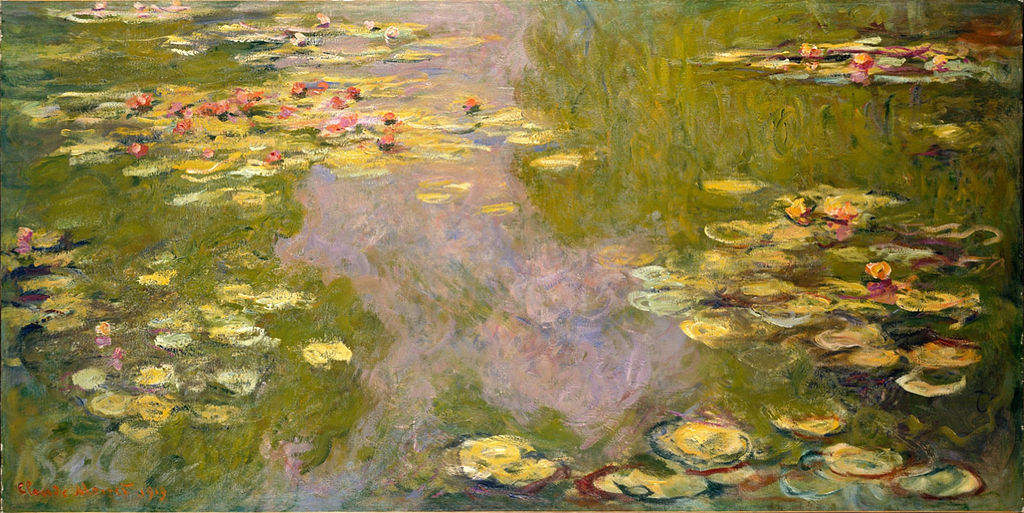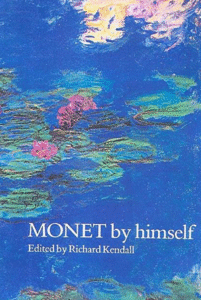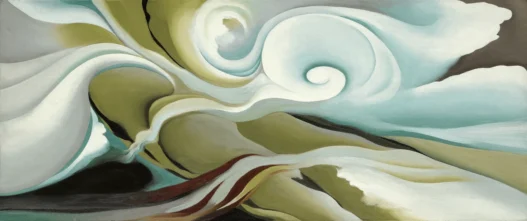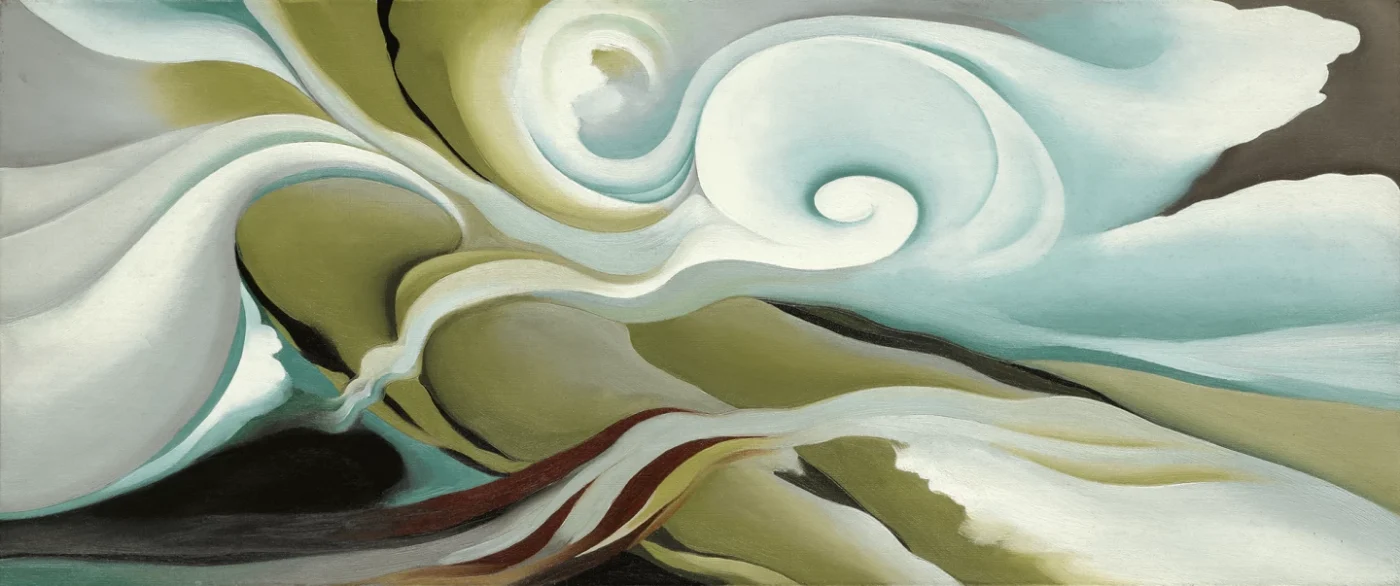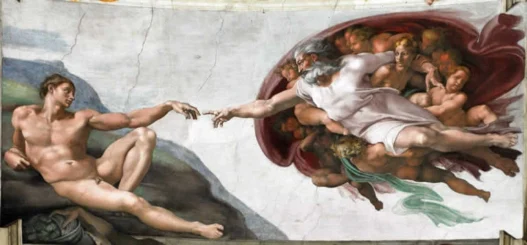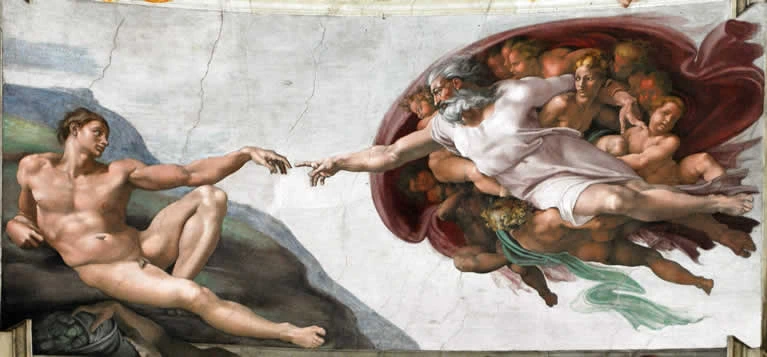While Monet produced hundreds of significant works, one of the most symbolically rich is his series often grouped under Water Lilies. These paintings capture not just surface reflections of a garden pond, but deeper themes of time, change and memory. For example, the version completed circa 1919 shows pale blossoms floating on water that seems to dissolve into sky and vegetation and back into water again.
The symbolism here is subtle yet profound: the water surface both reflects and conceals, suggesting that what we see is layered with what we feel and remember. Monet was painting in his garden at Giverny at a time when his eyesight was failing, and yet he pushed on, his mastery of colour and abstraction inviting the viewer into contemplation rather than mere sight.
These immersive works invite viewers into a contemplative space where the boundaries between reality and reflection blur, offering a tranquil escape from the outside world.
What do Monet’s Water Lilies symbolise?
The serene pond and floating flowers mirror a calm mind and nature’s quiet rhythm. By painting the reflections of the sky and trees on water, Monet blurred the line between reality and illusion, suggesting that life itself is a reflection.
Monet once said, “I want to paint the way a bird sings.” This captures his desire to express emotion and spontaneity rather than simple representation. For him, the act of painting was a pure, instinctive response to the beauty and movement of nature
Peace, Reflection, and Meditation
Monet painted the Water Lilies series in his garden at Giverny, which he designed as a personal sanctuary.
Monet was obsessed with light and change, how a single scene could look different at dawn, noon, or dusk. The Water Lilies capture that fleeting quality, symbolising the impermanence of nature and life itself.
Union of Nature
Monet once said he wished to create “the illusion of an endless whole, of water without horizon or shore.” This vision gives Water Lilies a transcendent, almost spiritual quality, the natural world merging into something infinite and eternal.
Claude Monet’s Water Lilies Meditations
Related books for your collection
This book is truly exceptional and a rare treasure for anyone interested in Monet and 19th-century art. It gives readers access to private letters, both written by Monet and addressed to him by other influential artists of the time, including Degas, Manet, and Pissarro. These exchanges are fascinating, revealing the complex relationships, rivalries, and mutual admiration among these masters. Beyond personal insight, the letters also shed light on the business side of art, including the marketing challenges and cultural politics of the era.
The Price of Money’s Symbolism
Nymphéas first appeared in a major Monet exhibition at Paris’ Galerie Durand-Ruel in 1909 before being sold to an undisclosed buyer. The French master is thought to have created the painting around 1906.
This iconic Impressionist work has since been showcased in some of the world’s most renowned institutions, including New York’s Museum of Modern Art and Paris’ Musée National d’Art Moderne.
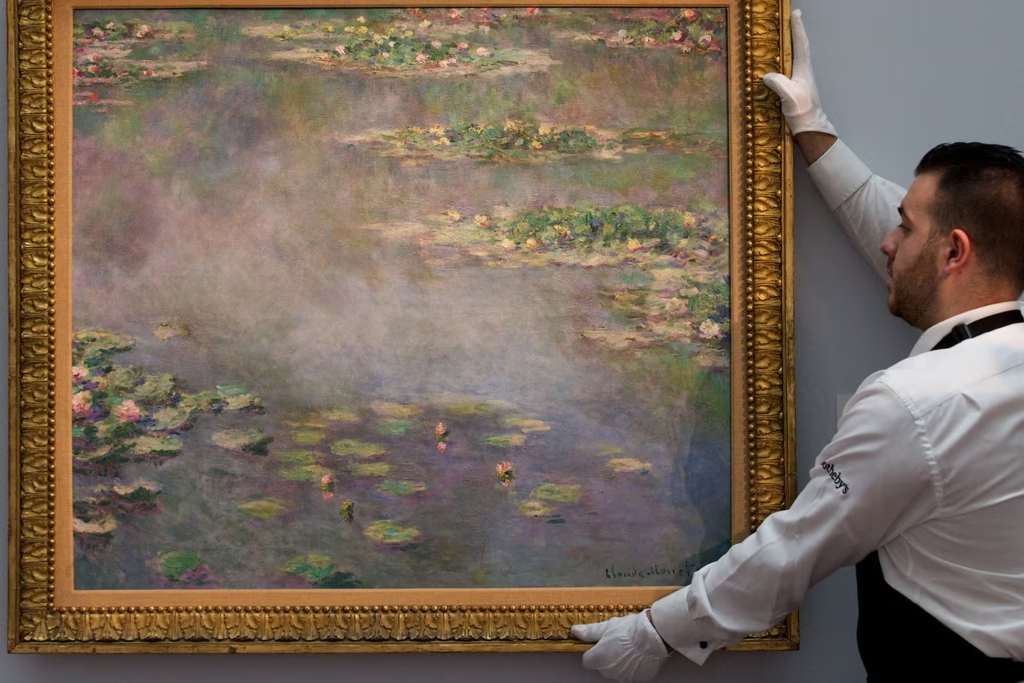
Symbolism straight to your inbox
